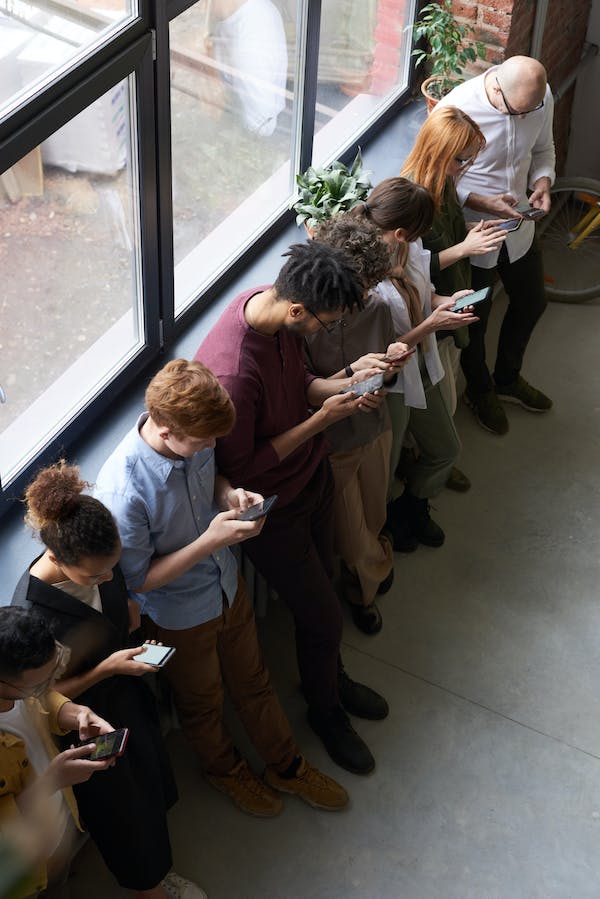Social media has become an integral part of our lives, with many people turning to it to find connection and validation. However, it’s important to note that while social media can provide a sense of community, it can also be detrimental to our mental health.
In recent years, numerous reports of mental health problems associated with excessive social media use have emerged. Increasingly sedentary lifestyles, need for validation, comparison to others, and cyberbullying have been linked to mental health issues such as depression, anxiety, and low self-esteem.
As social media use has become more widespread, studies have found that people spend more time on it than ever before. The average person spends over two hours a day on social media all over the world, with people in some countries spending even more time online. When people spend a considerable amount of time browsing, it can play a factor in developing psychological problems.
For example, users may experience FOMO (fear of missing out). This can lead to feelings of envy and inadequacy, as social media users often compare themselves to their peers and friends, resulting in feelings of negativity and doubt. Additionally, people may participate in excessive self-promoting, promoting their accomplishments and material possessions, in order to receive likes and comments.
Not only can excessive use of social media lead to feelings of insecurity, it can also cause a lack of privacy, as well as cyberbullying. The possibility of being exposed to hateful comments and trolling on social media platforms can be damaging to someone’s mental health, as these experiences can lead to panic, fear and even depression.
It’s important to note that social media can offer users a platform to express their thoughts and feelings, allowing them to find like-minded people who are in similar situations. This can be helpful in the sense that it can reduce feelings of isolation and in some cases even inspire positive change.
That being said, it’s important to be mindful of how much time you spend on social media, and to find ways to unplug and reconnect with yourself. Make sure to remain aware of the impact social media can have on your mental health and to use it in moderation. Take regular breaks, keep conversations positive and meaningful, and don’t feel pressured to keep up with everyone else’s lives.
It can be difficult to step back from social media and take a break, but it is essential to take care of your mental health. Remember, social media won’t last forever, but your mental health will. Be mindful of how you are using social media and take note of how it is affecting and impacting your mental health.
